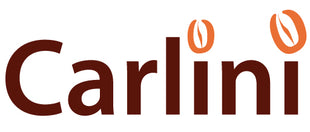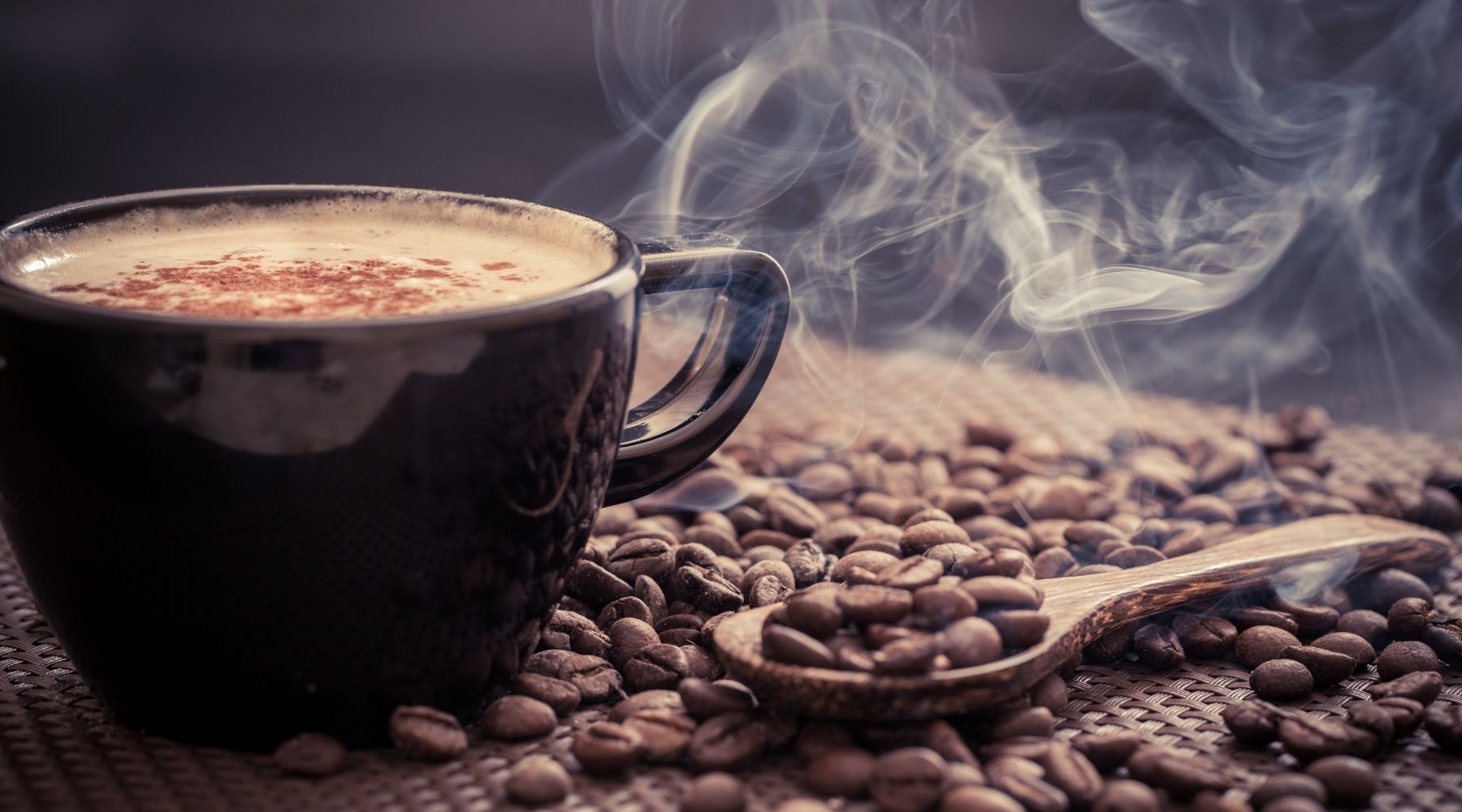You may be wondering why we don't offer our range in supermarkets or retail stores.
The answer is simple - we want total control over quality and freshness for our products.
You will never see our coffees on supermarket shelves - it won't work for us whilst they continue to ignore freshness and quality.
We explain our reasons why.
1. Quality.
Just like many other specialty coffee roasters in Australia, we also source high grade beans that are indeed far more expensive than the low grade commercial commodity/fillers used by suppliers to supermarket shelves.
With over 1,200 different raw coffee beans available in Australia, coffee roasters can easily pick and choose how they wish to approach quality and price. So aim high, others low.
Supermarket coffee will always be a product designed to target lowest sourcing cost. It's a no-brainer, retailers like Coles, Woolworths, Aldi or IGA need to constantly maximize their selling margins whilst pretending to "keep prices low".
It's easy to see then how supermarket coffees are created using lowest prices ingredients without any care for how it tastes.
After 30 years of flogging the same old, tired and lowly regarded brands on their shelves, supermarkets have more recently changed their ways by offering some well-known specialty coffee brands on their shelves.
This is nothing other than a desperate attempt to "leverage success" achieved outside of the supermarket domain.
Those brands who have taken this opportunity are doing so with the clear risks of being "trashed" for having stale coffee selling for exorbitant prices.
Fact is, these "famous brands" have been screwed down to low prices by supermarkets, therefore the ingredients inside of their bags are indeed remarkably different to what they would supply cafes, etc.
A classic case of "bait and switch" forced upon an unsuspecting public.
2. Coffee as a fresh food.
Sadly, more than 70% of consumers believe that coffee stored in a sealed pack will remain fresh until they open it. It's only the true coffee enthusiasts that know the difference.
Regardless of the packaging, fresh roasted coffee continues to stale from the moment it comes off the roaster, packaging does not stall or halt that oxidization process.
It's indeed ironic how supermarkets manage freshly baked bread, milk, fruit and vegetables on their shelves by ensuring products are "cleared" or "moved on" promptly whilst roasted coffees are forgotten about as they play a long waiting game.
With coffee supplied to supermarkets coming with a 12 to 24 month shelf life, supermarkets are blissfully oblivious and leave products on shelves right up until just before expiry date.
As expiry approaches, discounts are aggressive (also at the supplier's cost) as they scramble to move the old stock.
Imagine selling roasted coffee that is 11 months old - it's no exaggeration.
3. The coffee of last resort.
Before private label became so popular, having a good quality product selected for sale on supermarkets shelves was seen as a prestigious privilege or a "right of passage" for successful brands.
In those days, supermarkets desperately needed unique and innovative brands.
But those days are well and truly over as supermarkets shift to "manipulate" every segment with their own private label offering.
Supermarkets are more interested in copying branded products for their own home-brand/private-label purposes they can sell cheaper and "steal the customer".
It is achieved by giving their own private labelled goods preferred positioning on shelves and special pricing to entice consumers. This way, the supermarkets can control your spending.
Owning shelf space and customer spending delivers supermarkets unchecked or regulate power in exerting dominant and predatory market forces upon industries and suppliers.
Just look at what's happened to the wine, dairy and bread industries. All broken.
4. A better way
We believe consumers deserve more choices around freshness and quality when it comes to roasted coffees.
So we will remain fiercely independent, free to innovate, evolve and optimize our products in ways we believe result in superior outcomes and value in the cup.
Engaging in price battles only results in compromises that end with a crap product. Nobody wants to drink crap coffee.
When you buy from supermarkets, it's important to know the products you purchase have been "smashed down by force" to a lowest possible quality, yet priced with far profits for the supermarket.
As we have since 2007, our strategy of bypassing retailers will continue to provide exceptional quality and value as we deliver our coffees directly to your home, office or cafe.
By cutting out all the middle-men (or women) we offer the absolute best qualty beans at competitive price points, resulting in superior value.
Whilst coffee will always be a highly subjective topic, it's the comparisons that remain difficult or complex.
How do you differentiate a seller offering coffee for $39/kilo with another offering coffee at $49/kilo ?
Which seller is offering the better quality or experience and is the selling price any fair or accurate indicator of quality ?
Default logic favors a higher priced coffee. Why ? because in theory a more expensive product should be better in quality than a lower priced offer.
Unfortunately, price can never be used as an accurate indicator of quality when it comes to roasted coffees.
We continue to run on lower margins than almost every coffee companies.
Why ? because we want our customers to enjoy wonderful coffees that don't break the bank !

